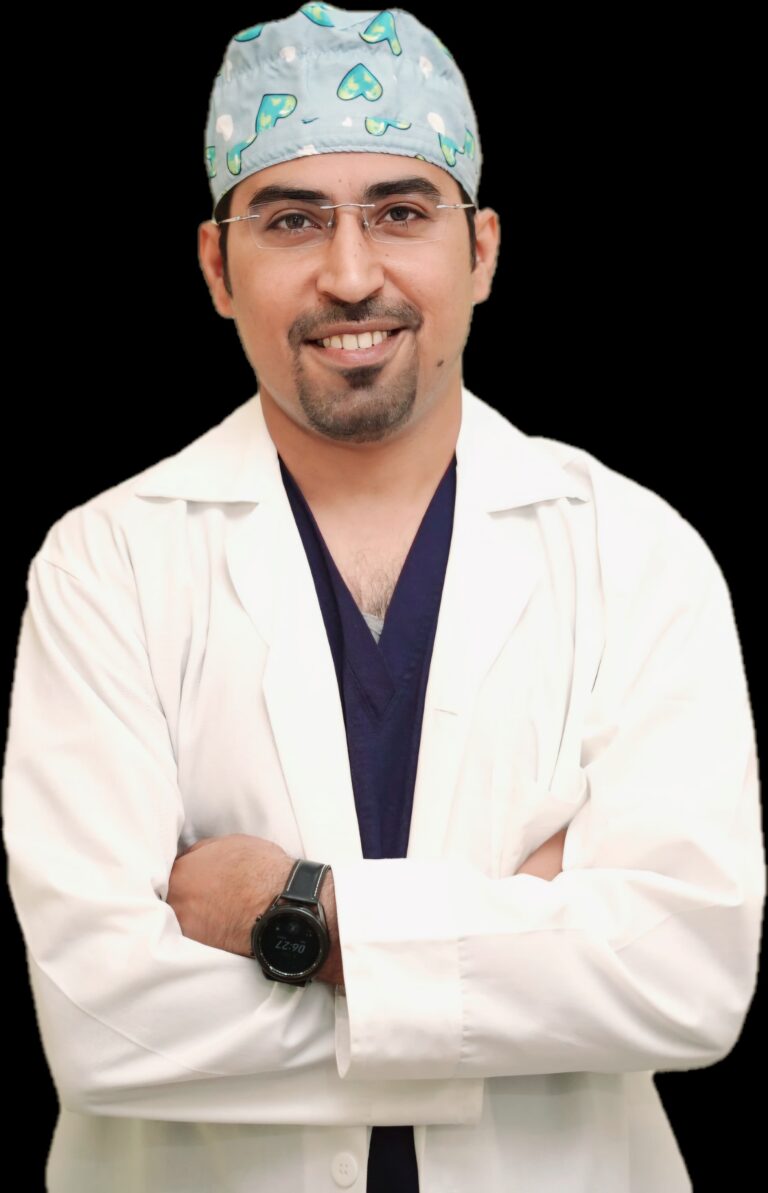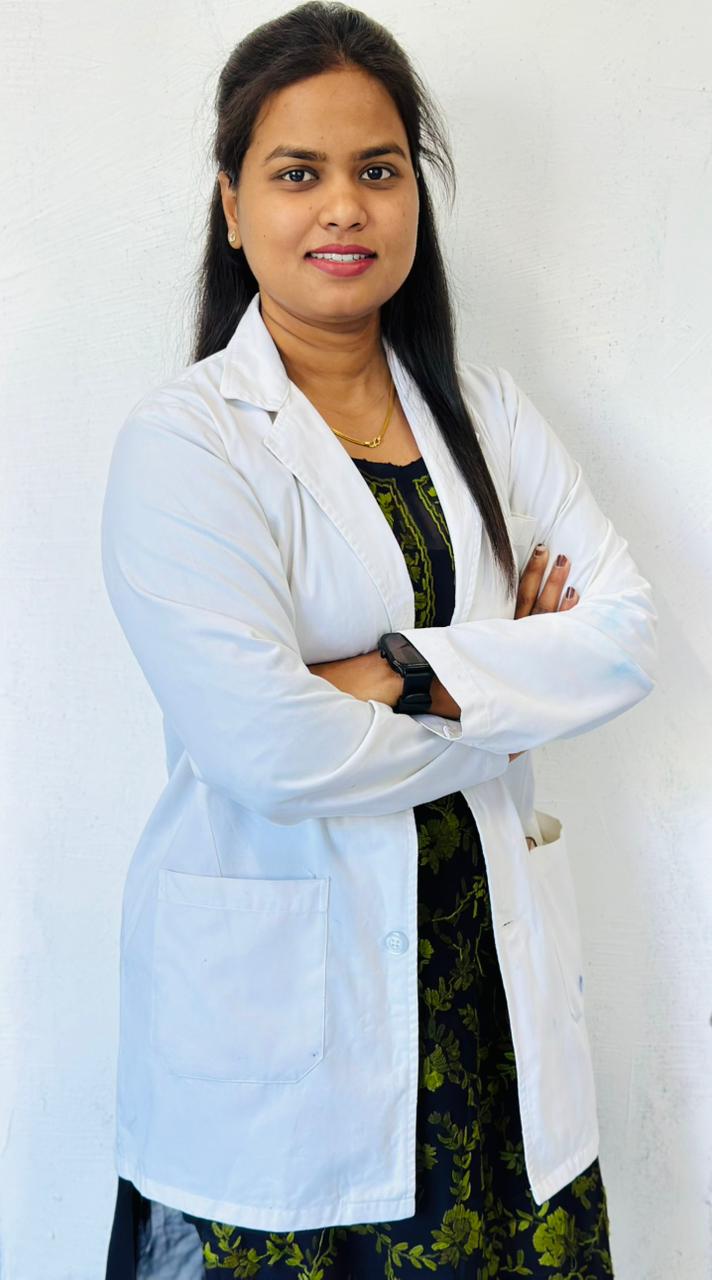Best Spine Surgeon in Indore
Best Neurosurgeon in Indore
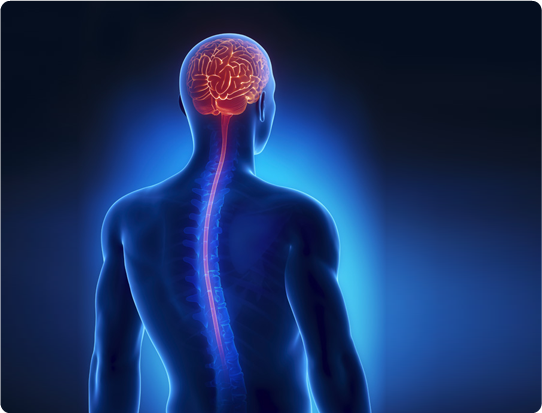
We specialize in the neurological and neurosurgical management of Upper and Lower Back Pain, Cervical Pain (Neck pain), Headache and migraine treatment, Head injury treatment, Brain tumour treatment, Epilepsy treatment, Pediatric Neurosurgery, Neuro Rehabilitation in Indore. With availability of Endoscopic Brain and Spine Surgery, Physiotherapy services, Pain Management Interventions, Peripheral Nerves and Pediatric Neurosurgery; you can ensure complete management of your problems at Samarth Neuro and Spine Centre.
Our Doctors
Dr. Sandeep Moolchandani – Best Neurosurgeon, Best Spine Surgeon & Best Neurologist in Indore, Madhya Pradesh
Dr. Sandeep Moolchandani is widely regarded as one of the best Neurosurgeons in Indore, known for his excellence in Spine Surgery, Brain Surgery, and Advanced Neurological Care. With over 16 years of rich clinical experience, he has established himself as a leading expert in the diagnosis and treatment of complex brain and spine conditions.
Dr. Moolchandani received his training at some of the most reputed and high-volume tertiary care centers like Stanley Medical College (Chennai), Kilpauk Medical College (Chennai), Paras Hospital (Gurgaon) and Maulana Azad Medical College and LNJP Hospital (Delhi). He has worked in the busy Neurosurgery departments of Maulana Azad Medical College & LNJP Hospital, New Delhi, and MGM Medical College & MY Hospital, Indore, gaining extensive hands-on experience in managing challenging neurosurgical emergencies and advanced cases.
His expertise spans all major areas of Neurosurgery, including:
-
Minimally Invasive, Endoscopic & Complex Spine Surgery
-
Brain Tumor (Neuro-Oncology) Surgery
-
Head Injury & Neurotrauma Care
-
Pediatric Neurosurgery
-
Vascular Neurosurgery (Aneurysms, AVMs, Stroke-related surgeries)
Combining advanced surgical skills with compassionate patient care, Dr. Sandeep Moolchandani is committed to delivering safe, precise, and evidence-based treatment. His dedication to excellence makes him a preferred choice for patients seeking the best Neurosurgeon, best Spine Surgeon, and best Neurologist in Indore.
Dr. Shivani Raikwar – Best Doctor for Robotic Physiotherapy in Indore
Dr. Shivani Raikwar is a leading Neuro & Spine Physiotherapist in Indore, recognized for her expertise in advanced Robotic Physiotherapy, making her one of the most trusted practitioners in the city. She completed her Graduation and Post-Graduation in Physiotherapy from Malwanchal University, Indore, where she built a strong academic foundation in neurological, musculoskeletal, and spine rehabilitation.
With over 3 years of extensive clinical experience, Dr. Shivani has successfully treated more than 5000 patients, helping them overcome pain, restore mobility, and return to their active daily lives. Her deep understanding of neurological and spinal disorders enables her to manage complex cases with precision and care.
Dr. Shivani is specially trained in:
-
Robotic Physiotherapy for faster and more accurate recovery
-
Spinal Manipulation Therapy
-
Dry Needling
-
Cupping Therapy
Committed to holistic healing, Dr. Shivani focuses on long-term results—helping patients reduce pain, improve strength and balance, and achieve complete functional recovery. With her compassionate care and cutting-edge rehabilitation methods, she is widely regarded as the Best Doctor for Robotic Physiotherapy in Indore.
What Makes Samarth Neurospine Best Centre for Neurosurgeon in Indore and Spine Surgeon in Indore?
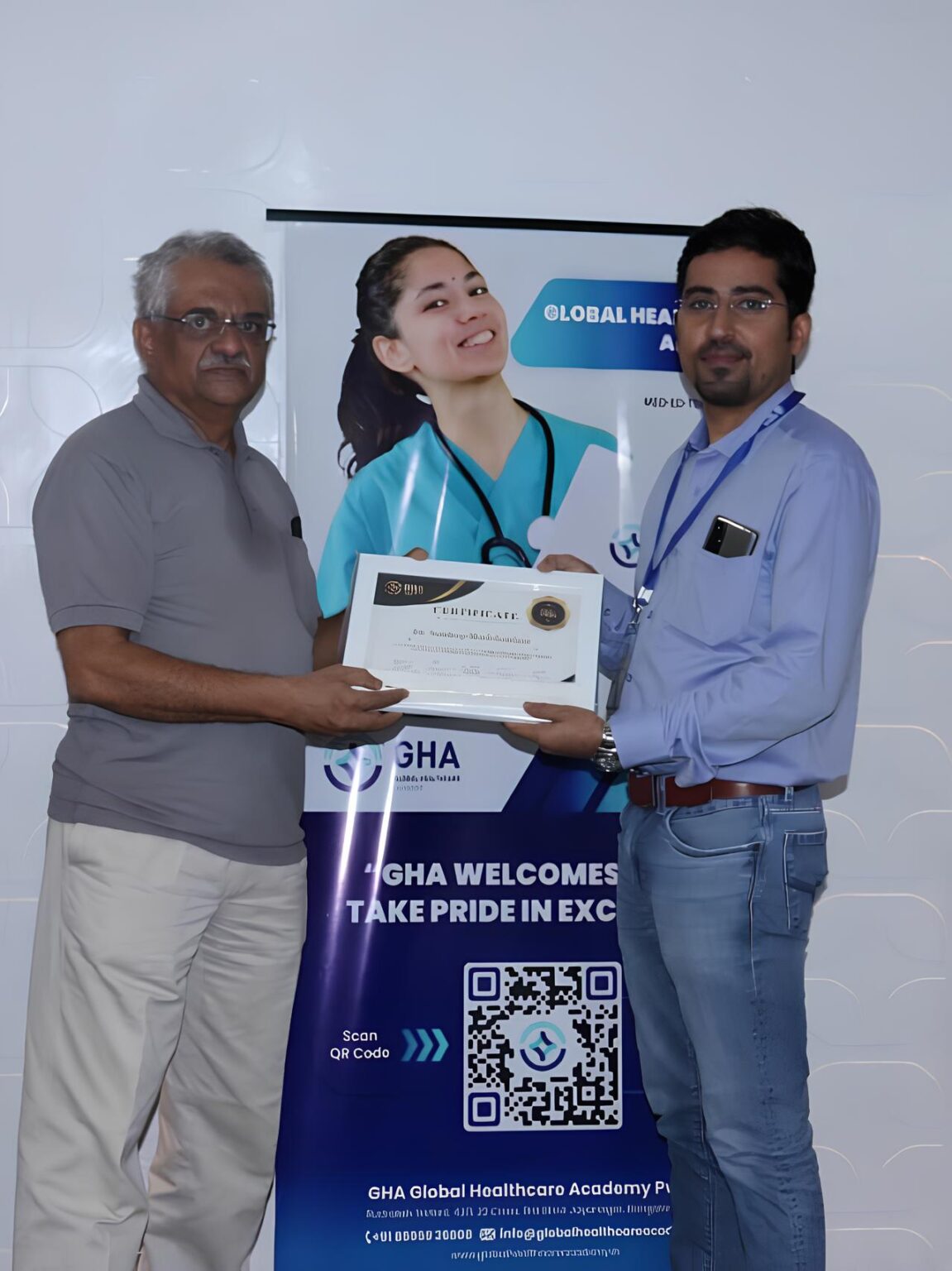
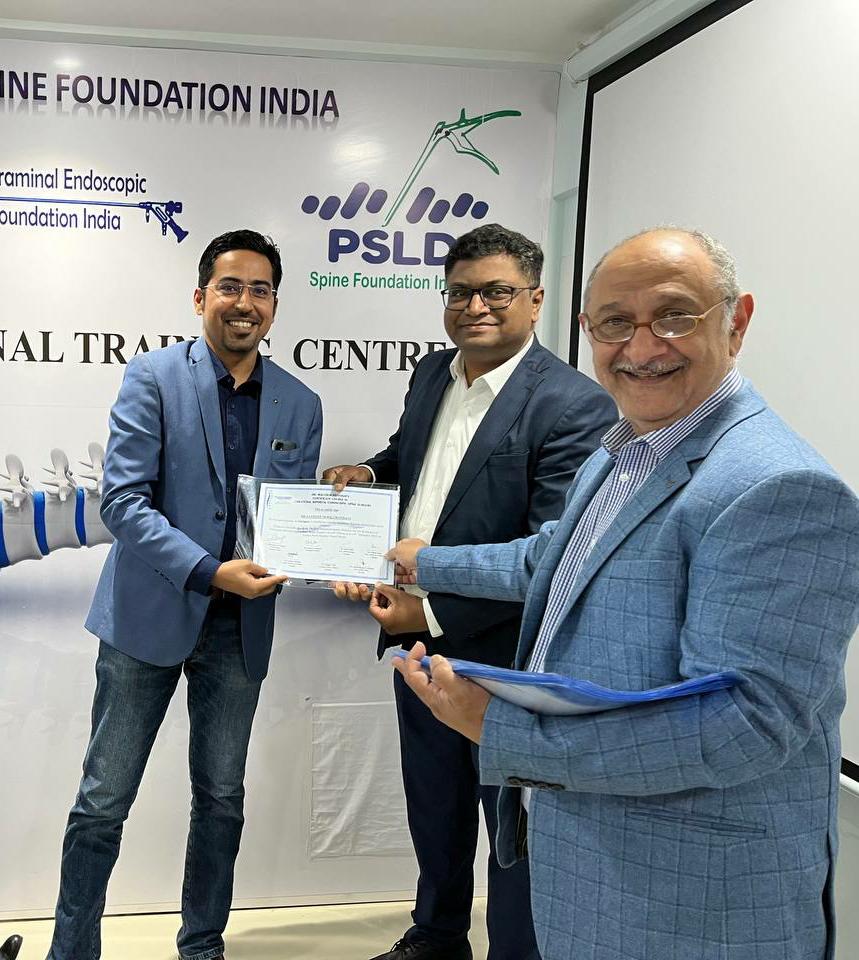
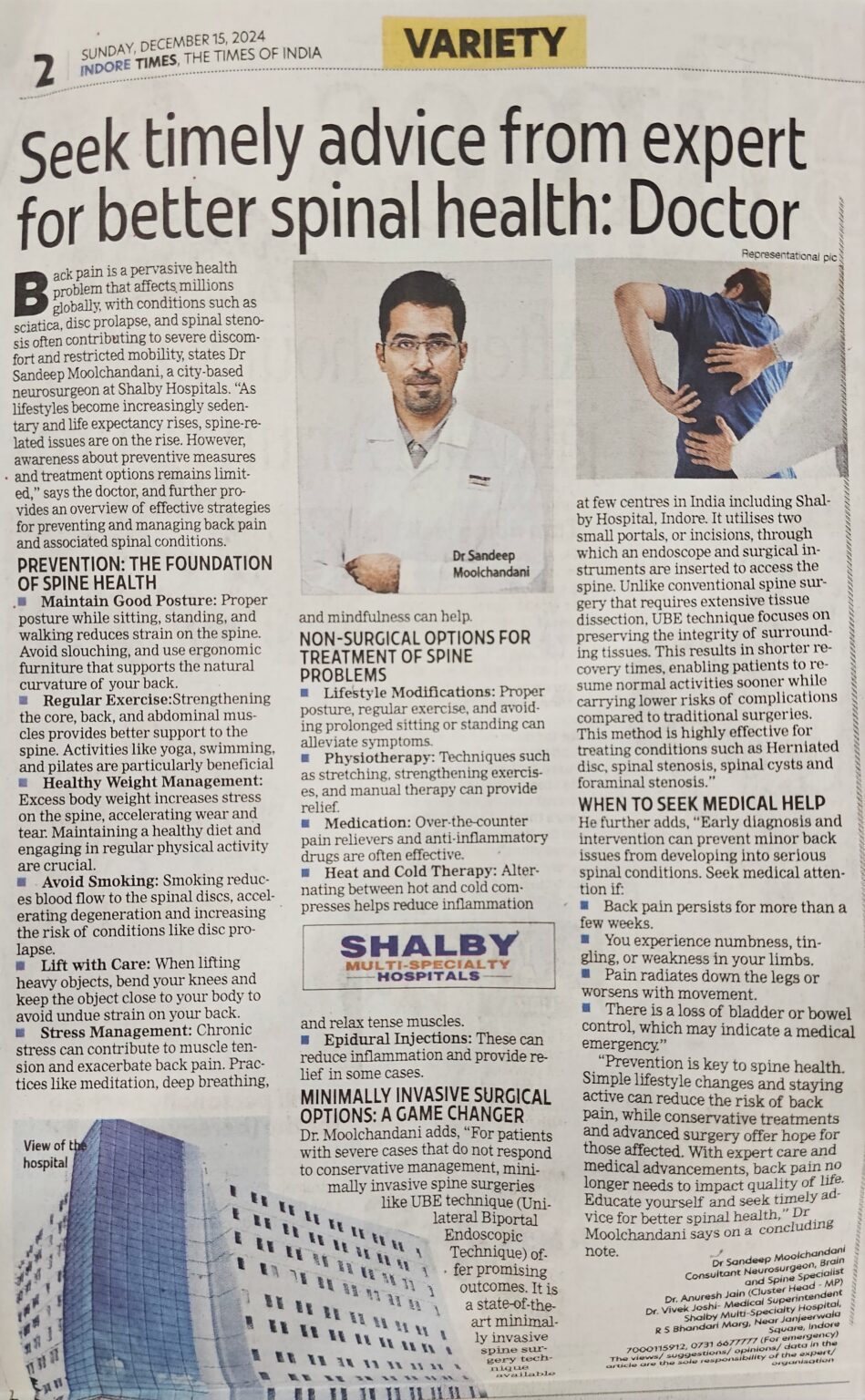
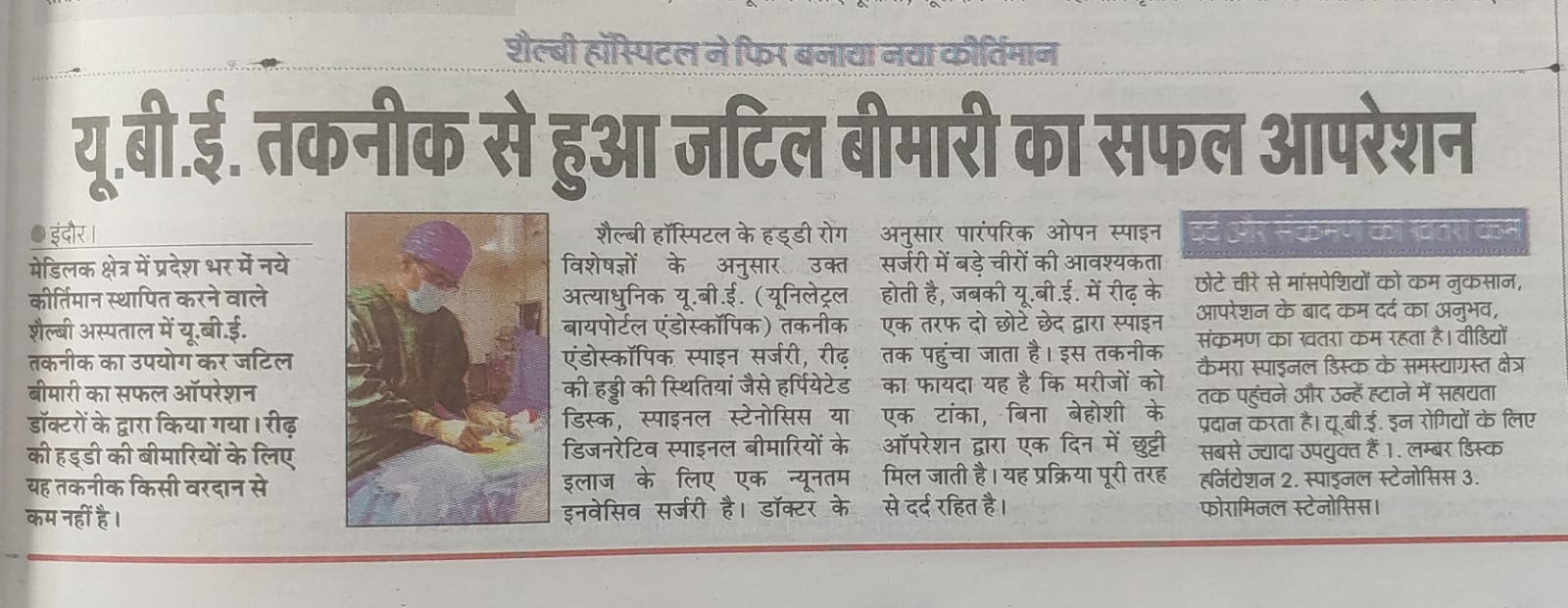
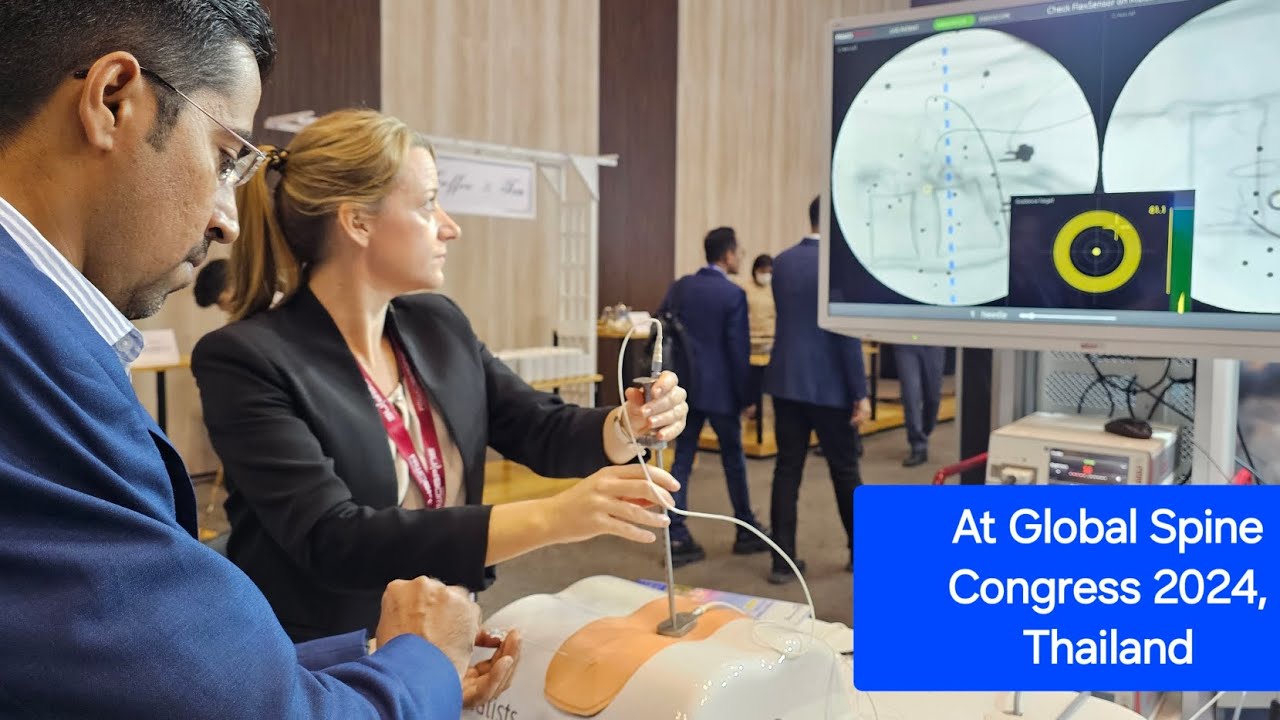
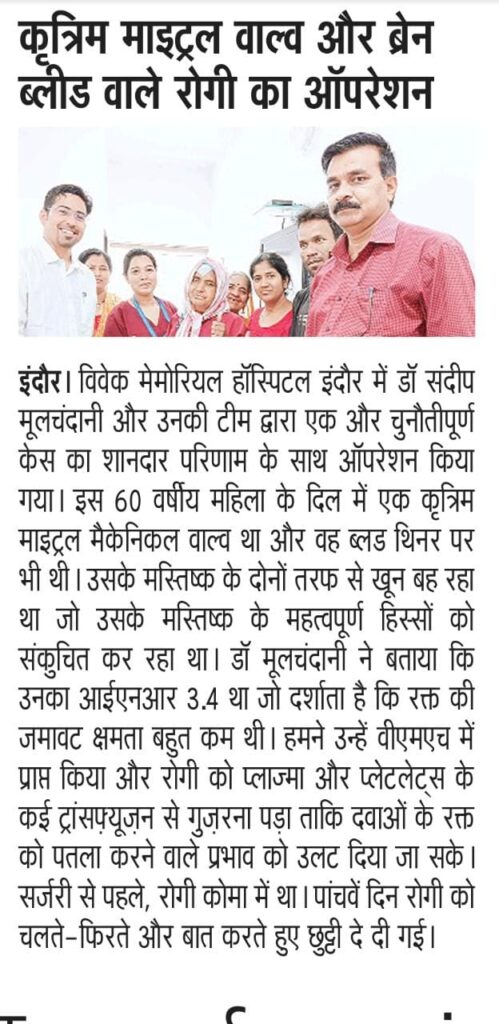
List of Services offered in Indore related to Best Neurosurgeon / Best Spine Surgeon/ Best Neurologist
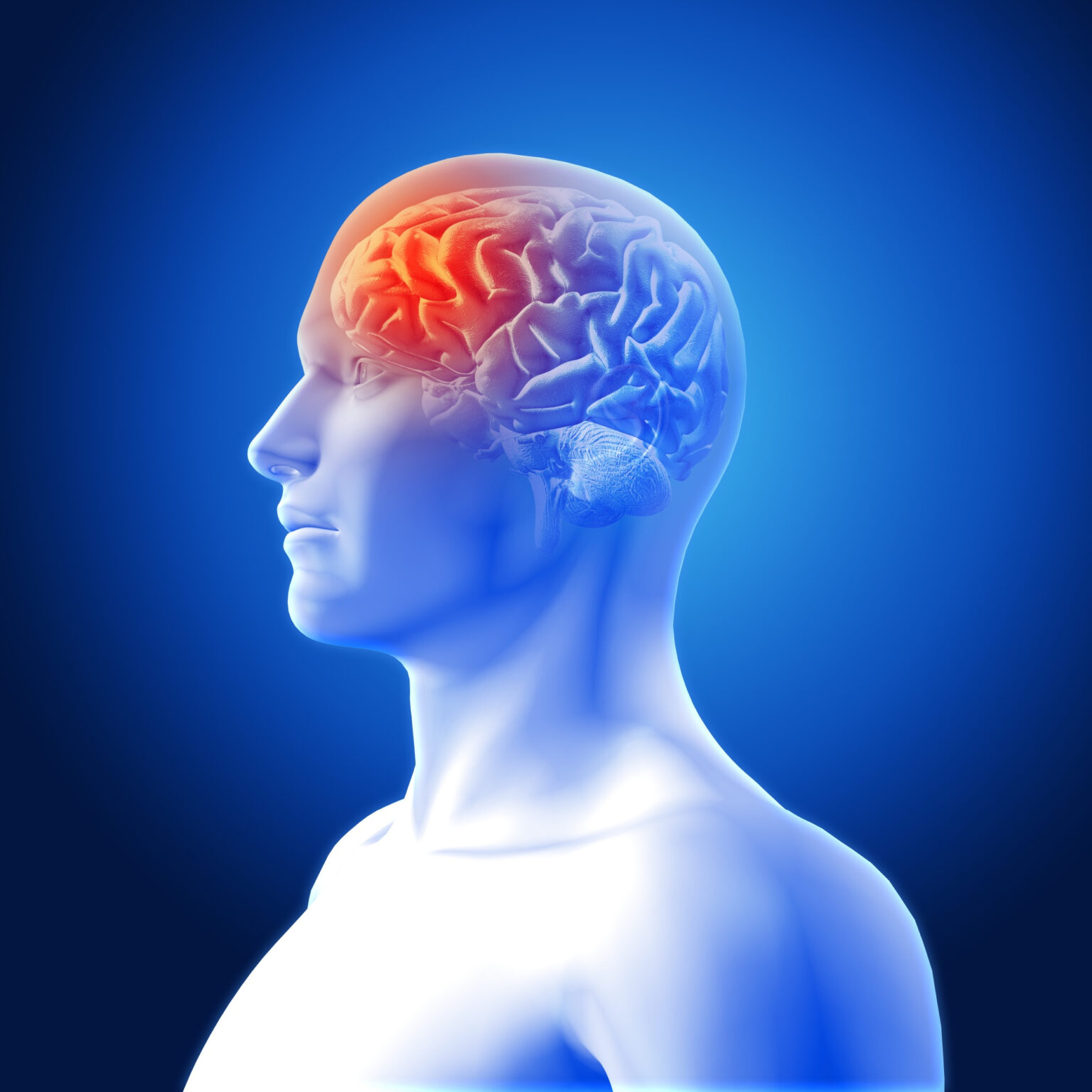
Brain Tumor Treatment in Indore
Brain tumor treatment involves precise diagnosis using cutting edged tech, advanced surgical options, Sterotactic radiotherapy, and expert care to improve outcomes and enhance recovery.

Endoscopic Spine Surgery in Indore
Endoscopic spine surgery uses a small camera and minimal incisions to relieve nerve compression, reduce pain, and enable faster, safer recovery.
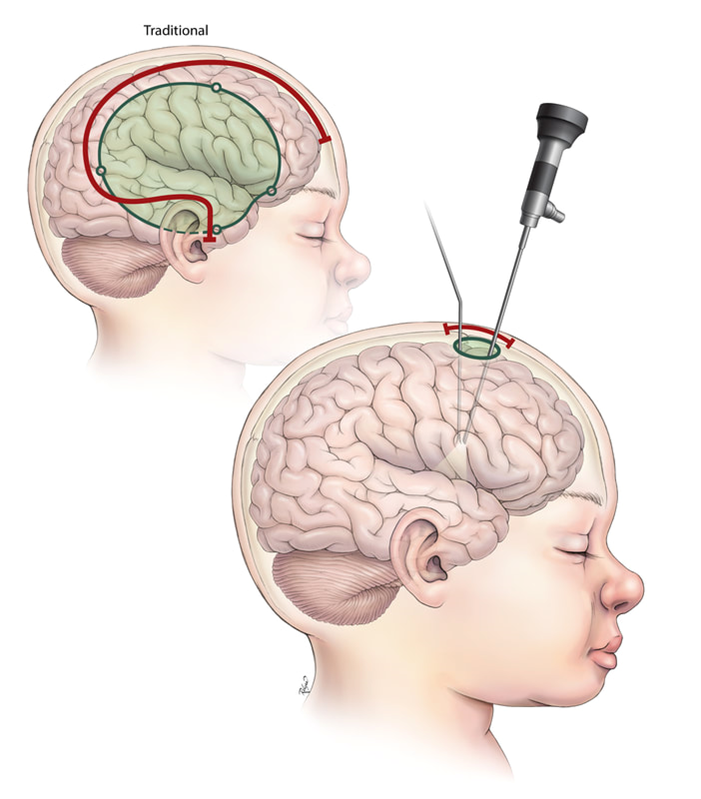
Endoscopic Brain Surgery in Indore
Endoscopic brain surgery uses tiny instruments and a camera through small openings to treat brain conditions with less pain, quicker recovery, and precision.

Back Pain Treatment in Indore
We combine advanced diagnosis, expert care, and personalised therapies for Back Pain to help patients recover faster and return to daily life.

Spine Injuries Treatment in Indore
In the realm of medical miracles, few stories resonate as deeply as those involving intricate Spine Injury Surgery that transform lives.

Migraine Treatment in Indore
Migraine treatment aims to control severe headaches through accurate diagnosis, tailored medication, lifestyle changes, and advanced therapies for long-term relief.
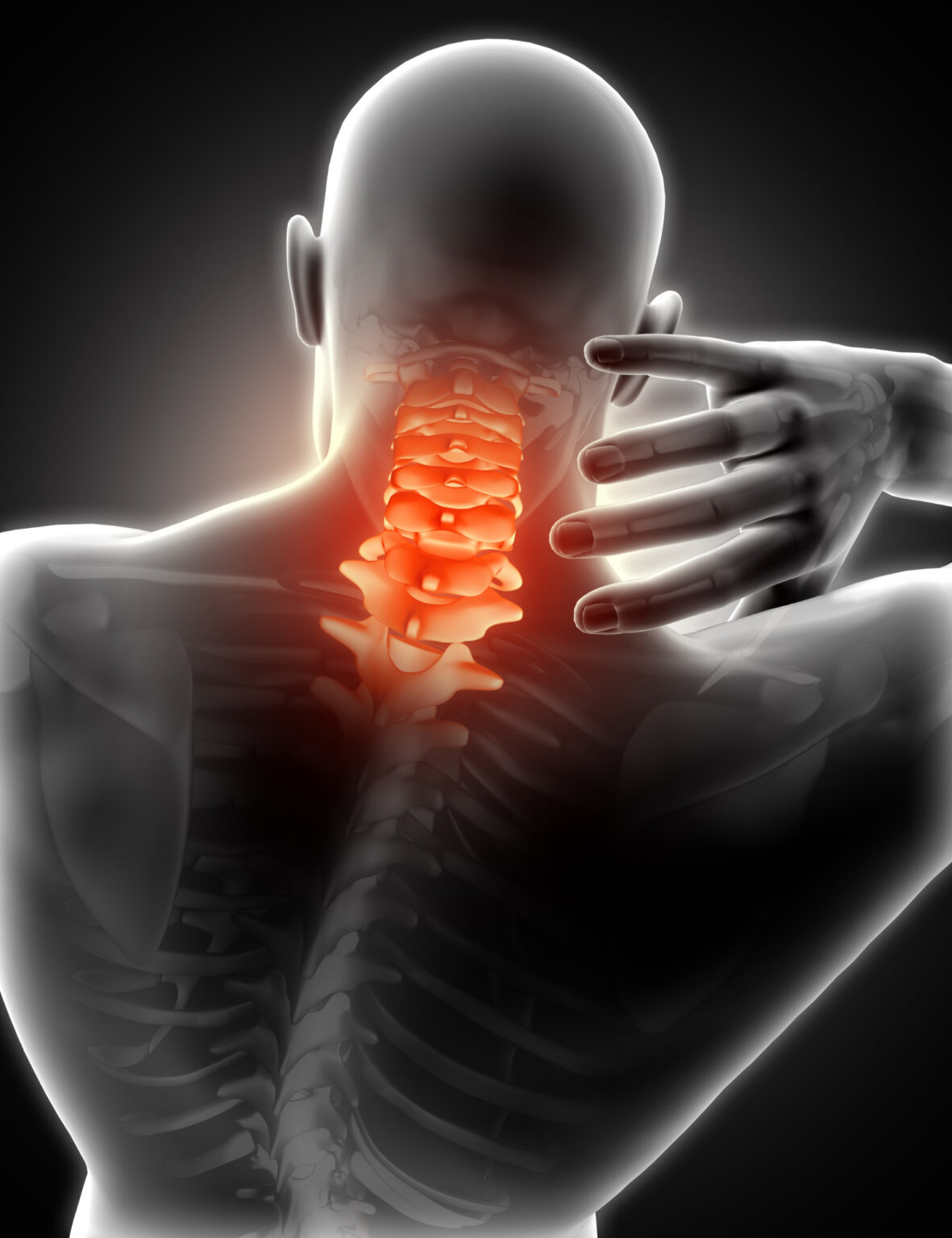
Neck Pain Treatment in Indore
Neck pain treatment focuses on accurate diagnosis, targeted therapies, and timely care to relieve stiffness, improve mobility, and restore a pain-free lifestyle.
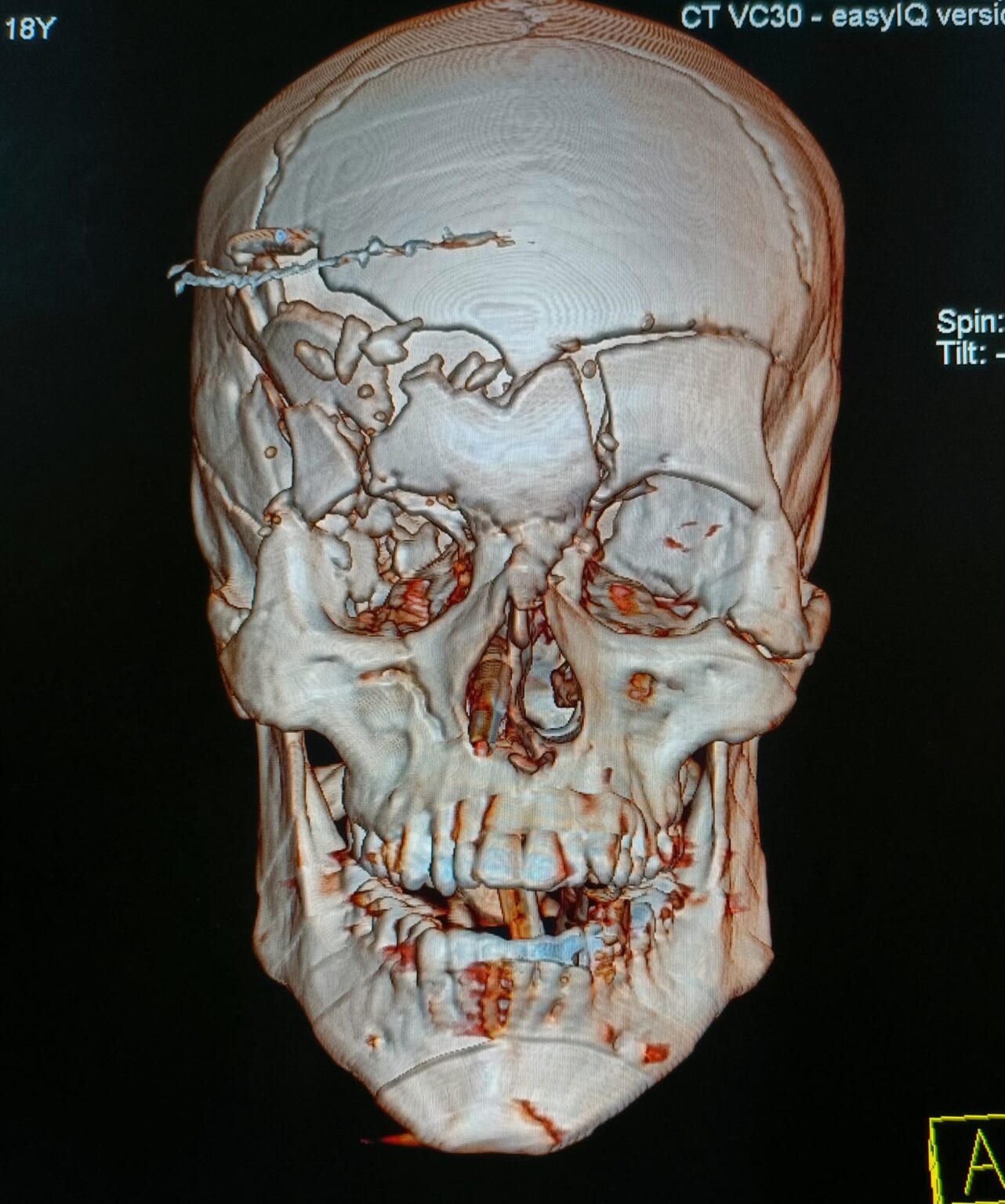
Head Injury Treatment in Indore
Head injury treatment focuses on rapid assessment, stabilisation, and specialised care to prevent complications, support brain recovery, and improve long-term outcomes
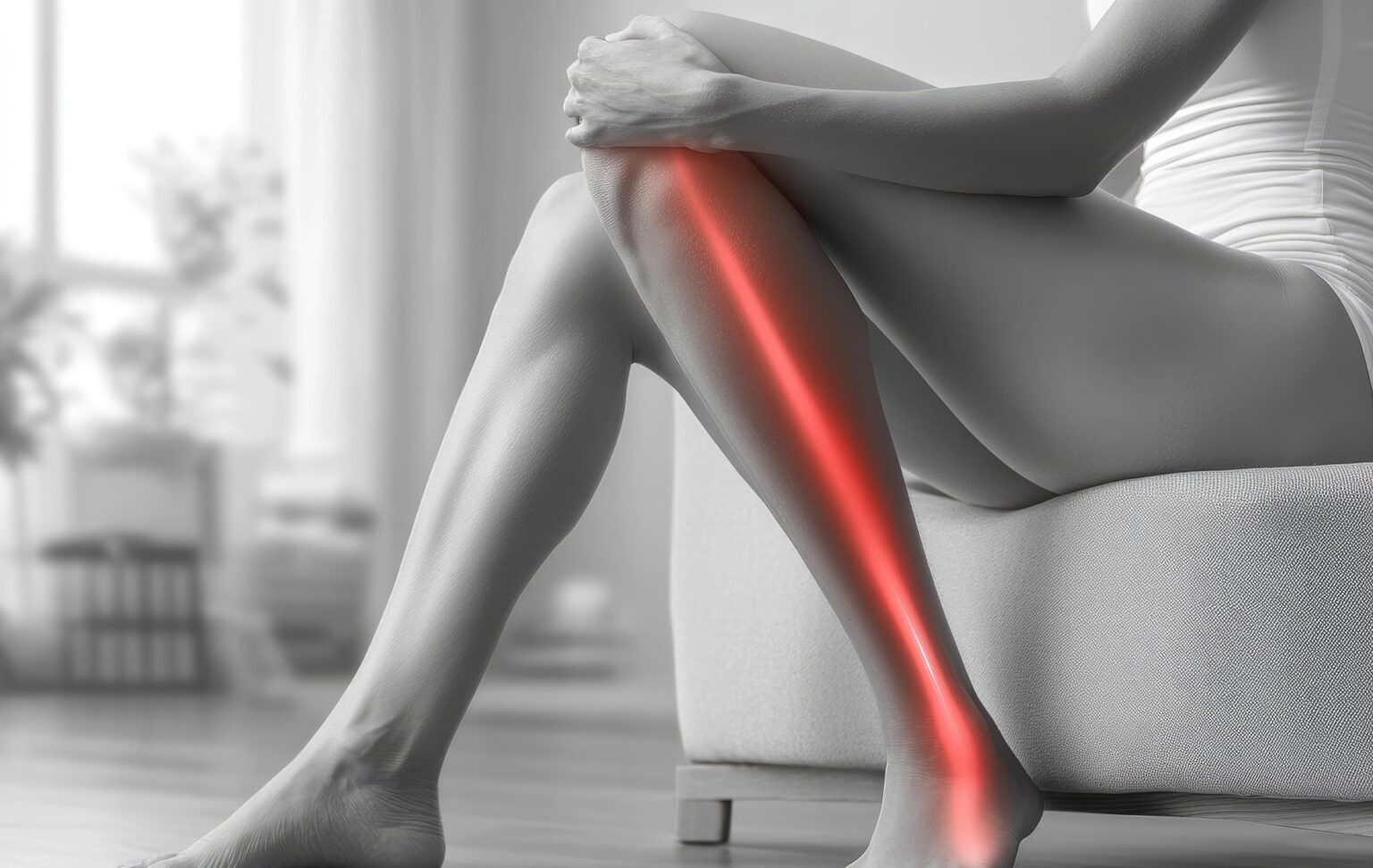
Sciatica Treatment in Indore
Sciatica treatment focuses on relieving radiating leg pain through accurate diagnosis, targeted therapies, medications, and specialised interventions for long-lasting recovery.
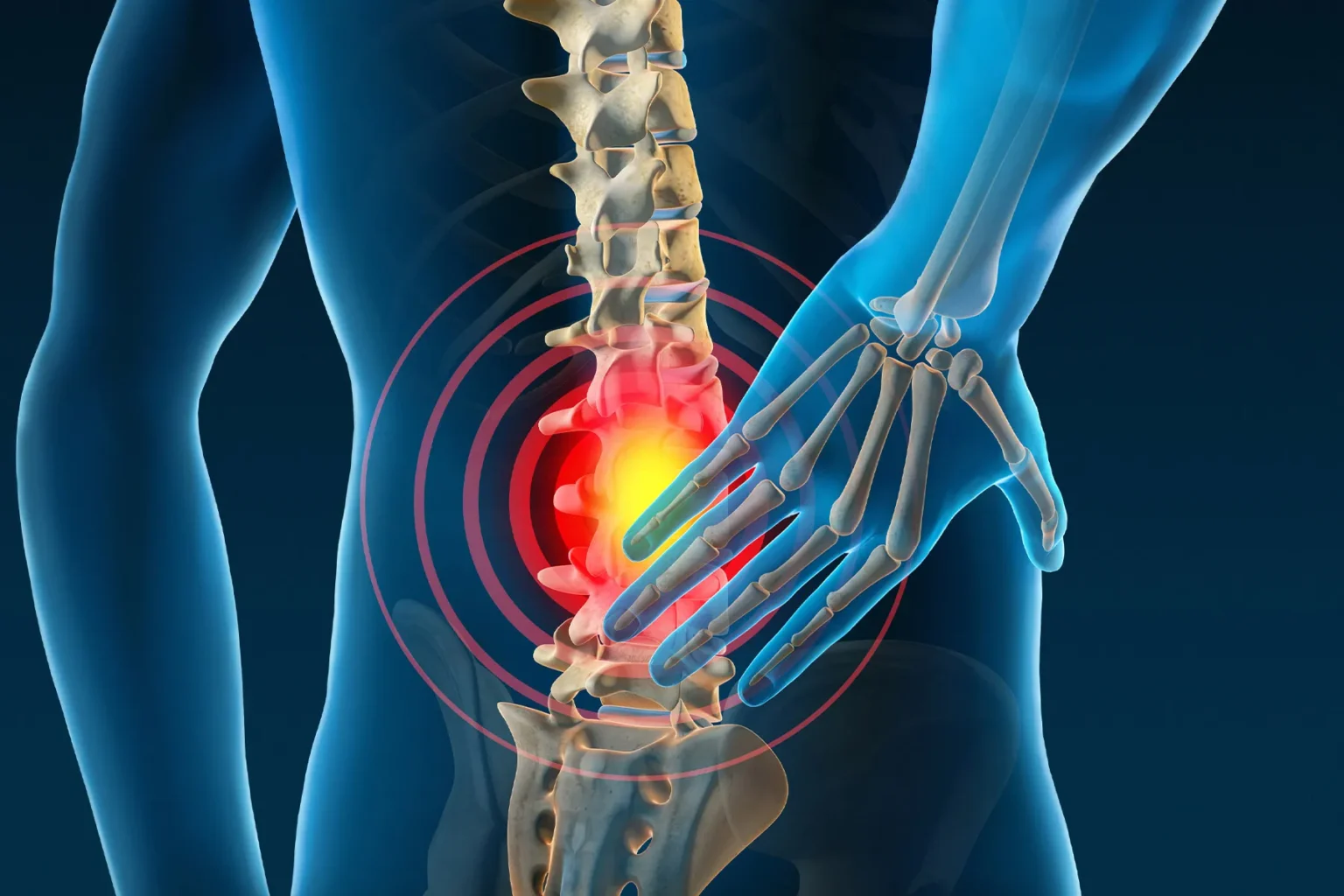
Slip Disc Treatment in Indore
Slip disc treatment focuses on relieving nerve pressure through medication, physiotherapy, lifestyle changes, and minimally invasive procedures for long-term pain relief.
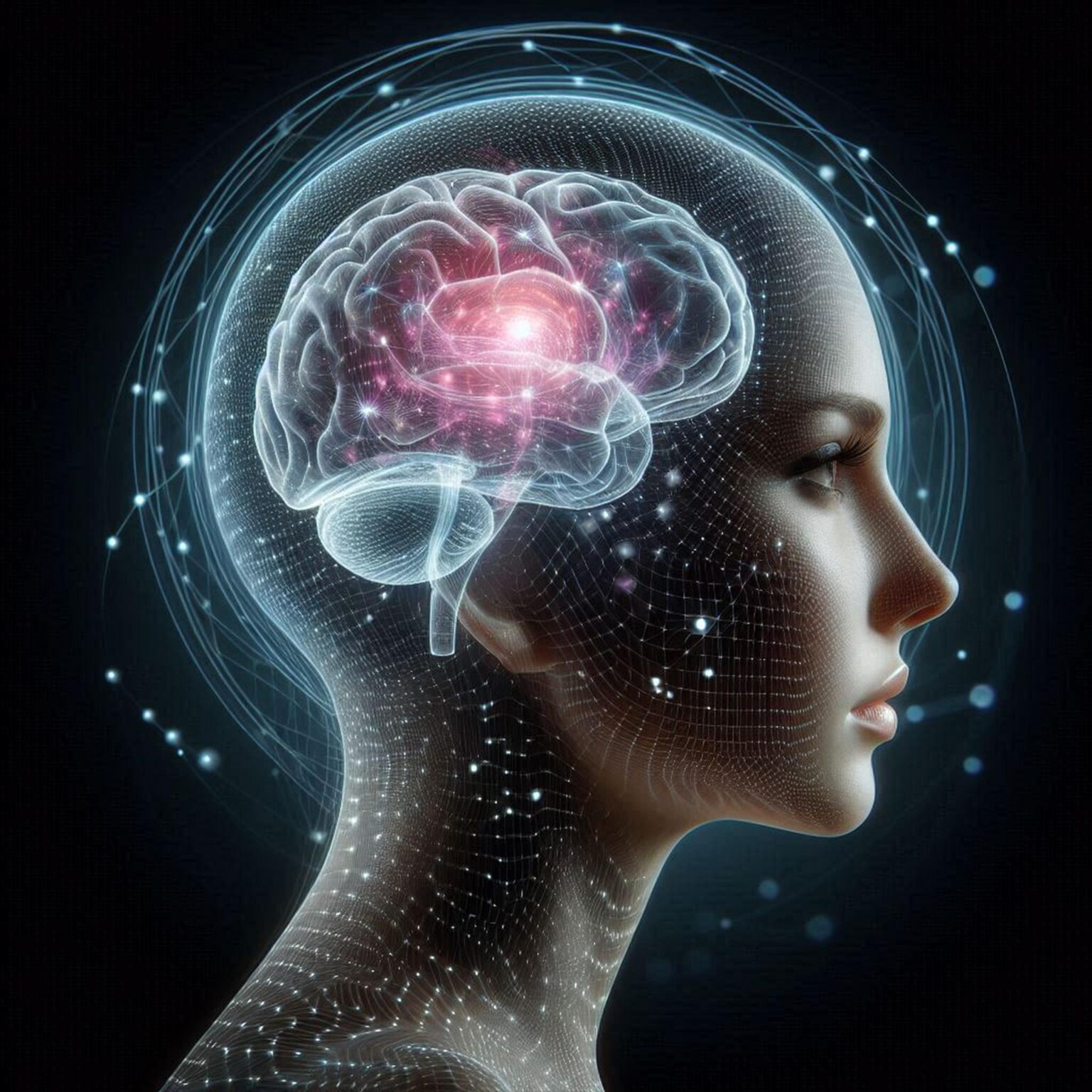
Brain Stroke Treatment in Indore
Brain stroke treatment focuses on rapid diagnosis, timely clot removal or control of bleeding, and specialised care to restore brain function and improve recovery.
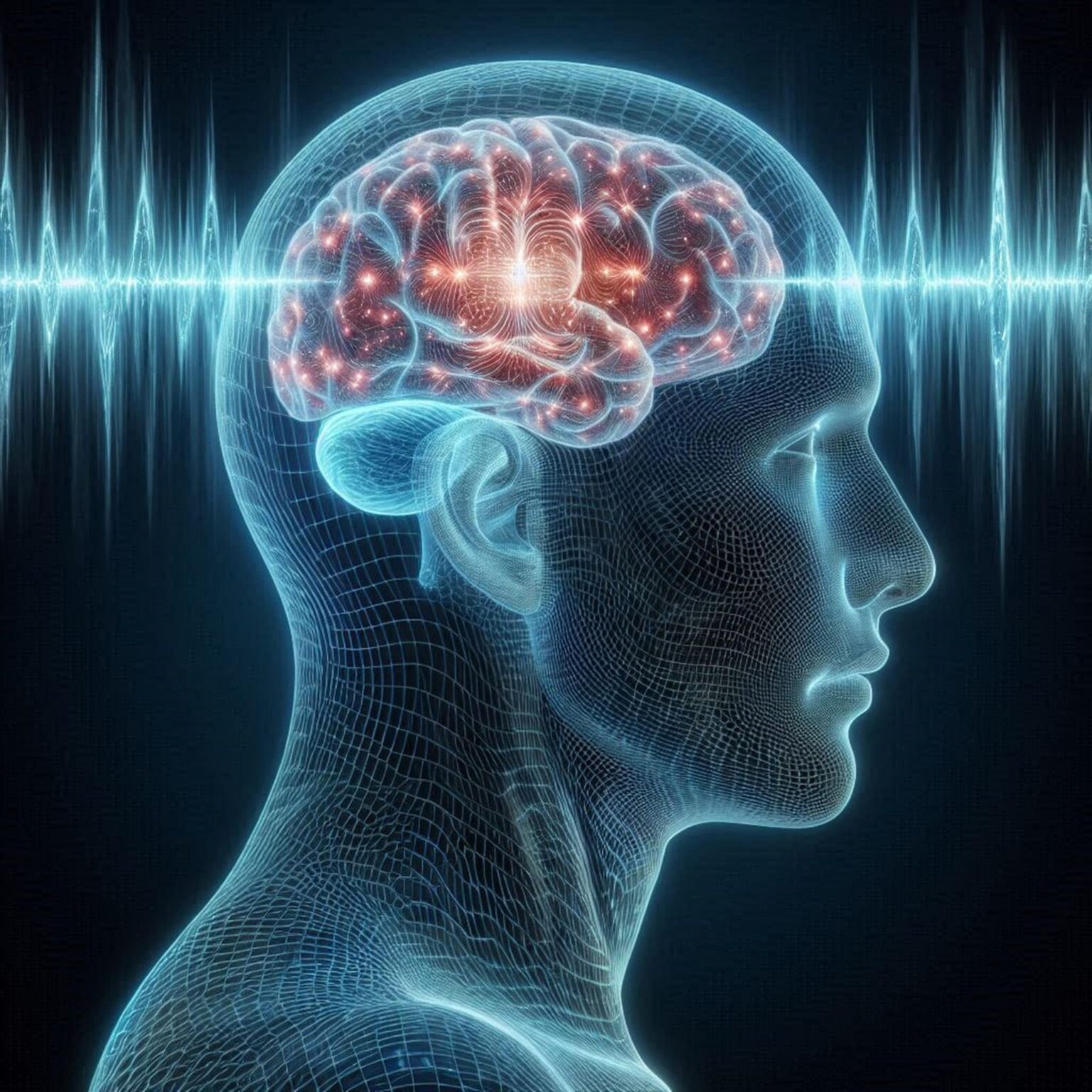
Brain Aneurysm Treatment in Indore
Brain aneurysm treatment involves early diagnosis, advanced surgical or endovascular techniques, and expert monitoring to prevent rupture and ensure the best recovery outcomes.
